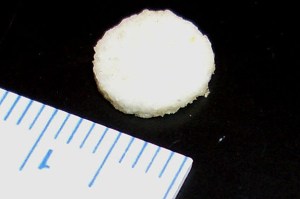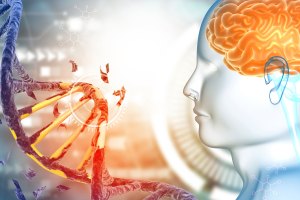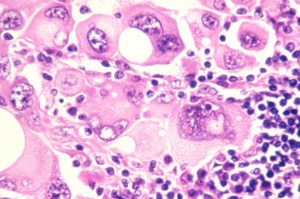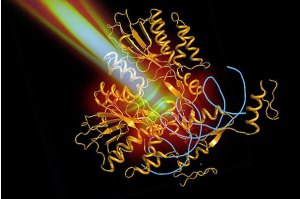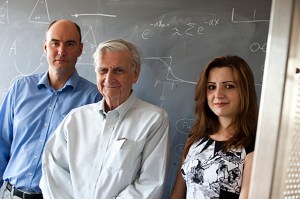Tag: National Institutes of Health
-
Health
Cell’s linchpin protein found
After decades of failed efforts, researchers have discovered, through a combination of digital database mining and laboratory assays, the linchpin protein that drives mitochondria’s calcium machinery.
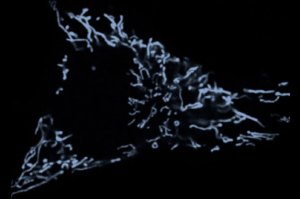
-
Health
How ovarian cancer spreads
Harvard Medical School researchers find that ovarian cancer cells use mechanical force to move through tissue and colonize additional organs.

-
Health
What makes them special
Researchers at Joslin Diabetes Center, a Harvard Medical School affiliate, examine why a select group of long-term type 1 diabetes survivors show so few complications.

-
Health
ADHD linked to substance abuse risk
In a long-term study by Harvard researchers, data support the association between childhood ADHD and substance abuse risk.

-
Health
Cancer cells’ survival kit
Harvard-affiliated scientists at Dana-Farber Cancer Institute have discovered new details of how cancer cells escape from tumor suppression mechanisms that normally prevent these damaged cells from multiplying.
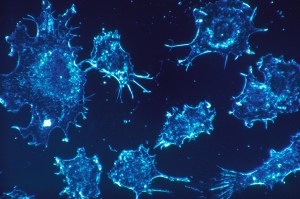
-
Health
Speeding up biomolecular evolution
Scientists at Harvard University have harnessed the prowess of fast-replicating bacterial viruses, also known as phages, to accelerate the evolution of biomolecules in the laboratory.

-
Health
The improbable appears promising
A section of the AIDS virus’ protein envelope once considered an improbable target for a vaccine now appears to be one of the most promising, new research by Harvard-affiliated Dana-Farber Cancer Institute scientists indicates.
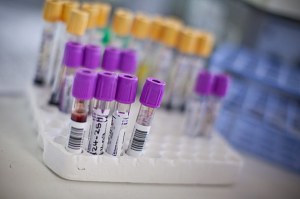
-
Health
Brain changes found in normal elders
Harvard-affiliated researchers using two brain-imaging technologies have found that apparently normal older individuals with brain deposits of amyloid beta — the primary constituent of the plaques found in the brains of Alzheimer’s disease patients — also had changes in brain structure similar to those seen in Alzheimer’s patients.
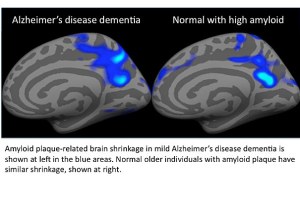
-
Health
Protein that helps battle HIV
Harvard researchers at Massachusetts General Hospital and the Ragon Institute of MGH, MIT and Harvard find that elevated levels of p21, a protein best known as a cancer fighter, may be involved in the immune system’s ability to control HIV infection.
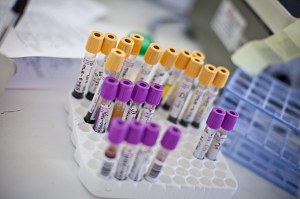
-
Health
Web-crawling the brain
Researchers in the Department of Neurobiology at Harvard Medical School have developed a technique for unraveling these masses. Through a combination of microscopy platforms, researchers can crawl through the individual connections composing a neural network, much as Google crawls web links.
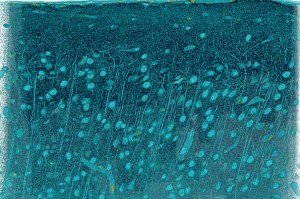
-
Health
Study: Ibuprofen cuts Parkinson’s risk
A new study by Harvard School of Public Health researchers shows that adults who regularly take ibuprofen, a nonsteroidal anti-inflammatory drug, have about one-third less risk of developing Parkinson’s disease than nonusers.
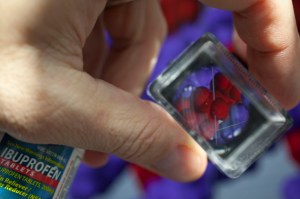
-
Health
Genes tied to prostate cancer uncovered
For the first time, researchers have laid bare the full genetic blueprint of multiple prostate tumors, uncovering alterations that have never before been detected and offering a deep view of the genetic missteps that underlie the disease.

-
Science & Tech
Light touch
Physicists and bioengineers have developed an optical instrument allowing them to control the behavior of a worm just by shining a tightly focused beam of light at individual neurons inside the organism.
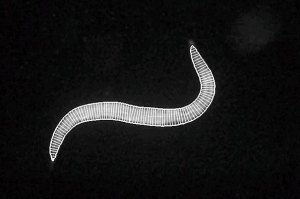
-
Health
Dairy fat may help not harm
Scientists at the Harvard School of Public Health and collaborators from other institutions have identified a natural substance in dairy fat that may substantially reduce the risk of type 2 diabetes.

-
Health
Rare find
Researchers at Harvard Medical School and the Harvard School of Dental Medicine have found that by mimicking a rare genetic disorder in a dish they can rewind the internal clock of a mature cell and drive it back into an adult stem-cell stage.

-
Health
Promising therapy for stroke patients
A noninvasive electric stimulation technique administered to both sides of the brain can help stroke patients who have lost motor skills in their hands and arms, according to a new study led by researchers at Beth Israel Deaconess Medical Center.
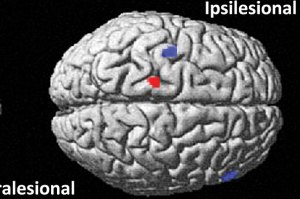
-
Health
Tracking nanoparticles
Using a real-time imaging system, scientists have tracked a group of near-infrared fluorescent nanoparticles from the airspaces of the lungs into the body and out again, providing a description of the characteristics and behavior of the particles that could be used in developing therapeutic agents to treat pulmonary disease.
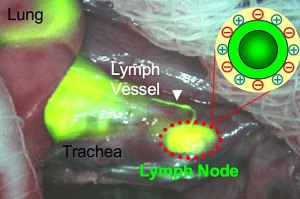
-
Health
It all adds up
New mathematical modeling by scientists from Harvard and other institutions reinforces the view of cancer as a complex culmination of many mutations.

-
Science & Tech
Delicate touch
Chemists and engineers at Harvard University have fashioned nanowires into a new type of V-shaped transistor small enough to be used for sensitive probing of the interior of cells.

-
Health
Love life
A new Harvard study shows that ratios between males and females affect human longevity.

-
Health
Better odds
Test could predict which children with T-cell acute lymphoblastic leukemia are best candidates for clinical trials of new therapies, research finds.

-
Health
U.S. birth weights dip
A study that analyzed data from 36,827,828 U.S. babies born at full-term between 1990 and 2005 has found that birth weights decreased by up to 2.78 ounces during that time frame.

-
Health
Cancer vaccine success
A cancer vaccine carried into the body on a carefully engineered, fingernail-sized implant is the first to successfully eliminate tumors in mammals, scientists report this week (Nov. 25) in the journal Science Translational Medicine.
